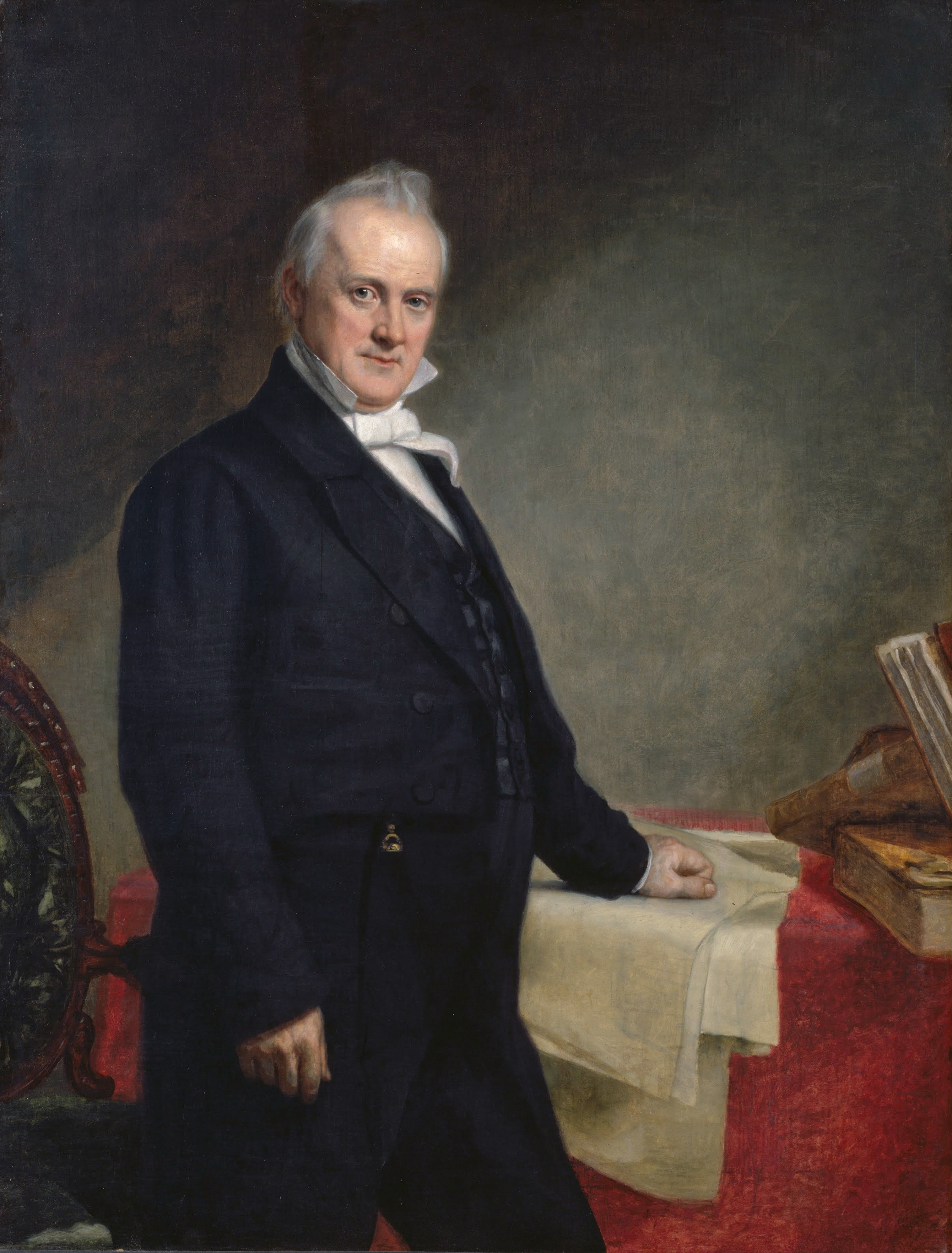“You have lost a child, a dear, dear child. I have lost the only earthly object of my affection”
Letter returned to him unopened, to the father of his former fiancée Ann Coleman, written after her death, rumored to have been suicide soon after her breaking of their engagement. (1819).
Kontext: You have lost a child, a dear, dear child. I have lost the only earthly object of my affection.... I have now one request to make,... deny me not. Afford me the melancholy pleasure of seeing her body before internment.
